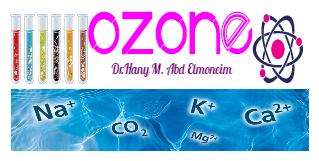Important Clinical chemistry questions for the SCFHS and the Board examinations in both the USA and UK.

Important Clinical chemistry questions for the SCFHS and the Board examinations in both the USA and UK. Choose the most appropriate single answer. 1. A patient has polyuria and polydipsia with a urine specific gravity of >1.040. Of the following possibilities, what is the most likely diagnosis? a. Alcohol intoxication b. ADH suppression from barbiturates c. Diabetes mellitus d. Li toxicity causing nephrogenic diabetes insipidus e. Central ADH deficiency Answer (c) Polyuria is a condition defined as excessive or abnormally large production or passage of urine (greater than 2.5or 3L over 24 hours in adults). Polydipsia is excessive thirst or excess drinking. Diabetes is characterized by excessive thirst and water intake. Diabetes insipidus produces a dilute urine while mellitus produces a concentrated urine (high specific gravity). Glucosuria, as it occurs in diabetes, will also increase the speci